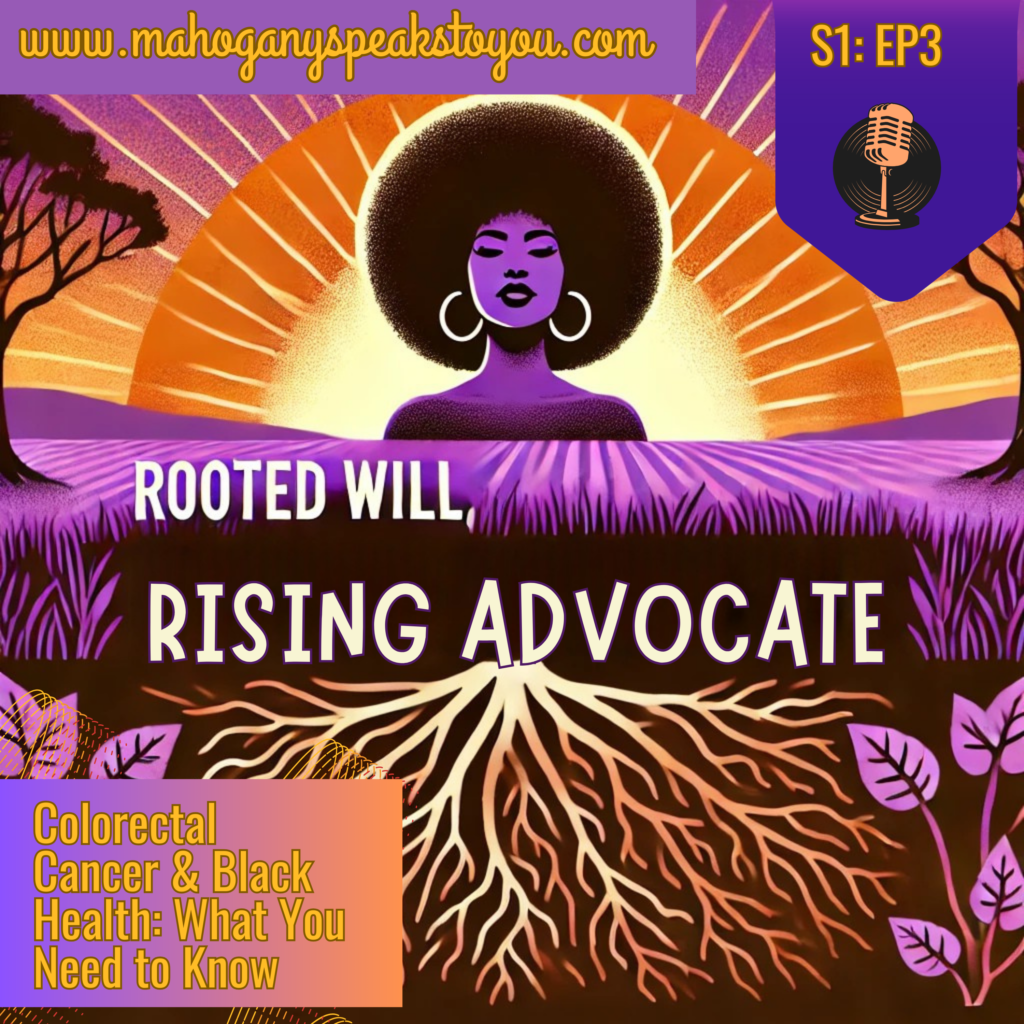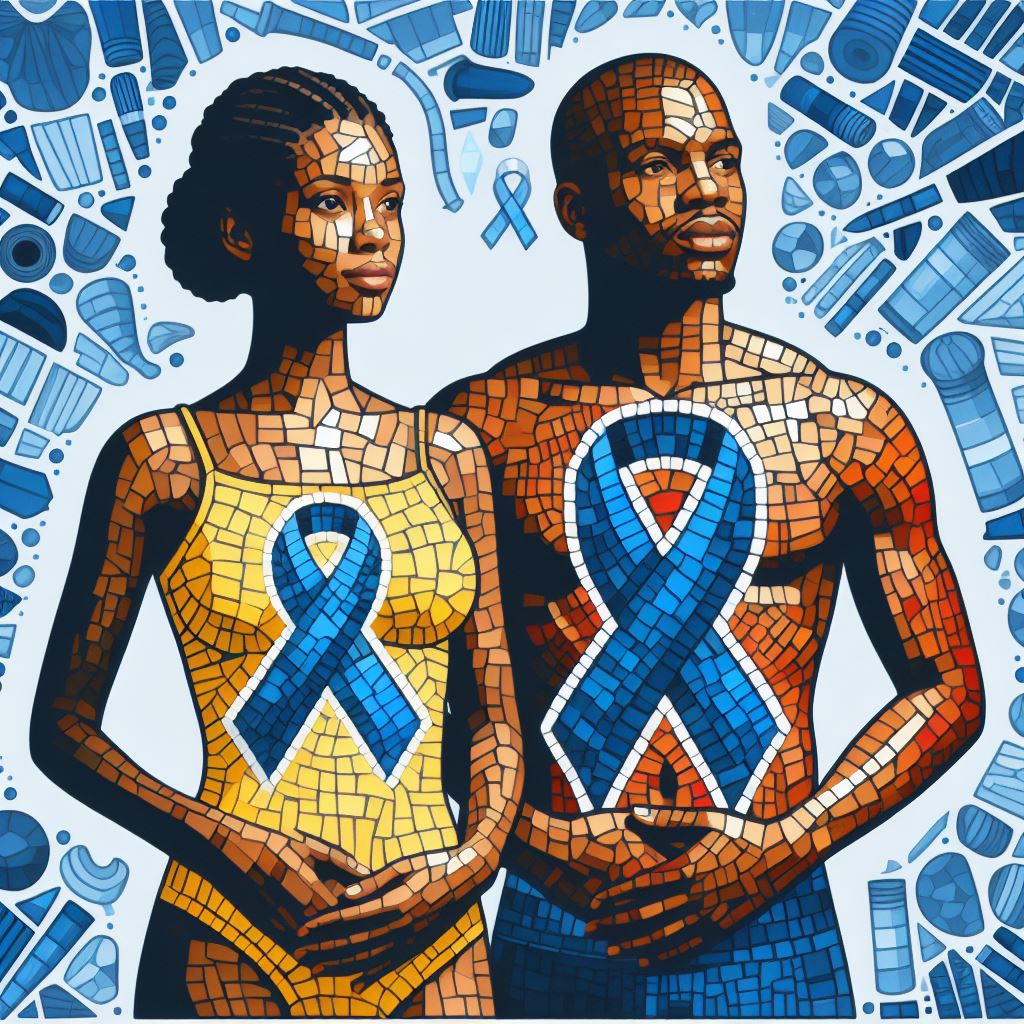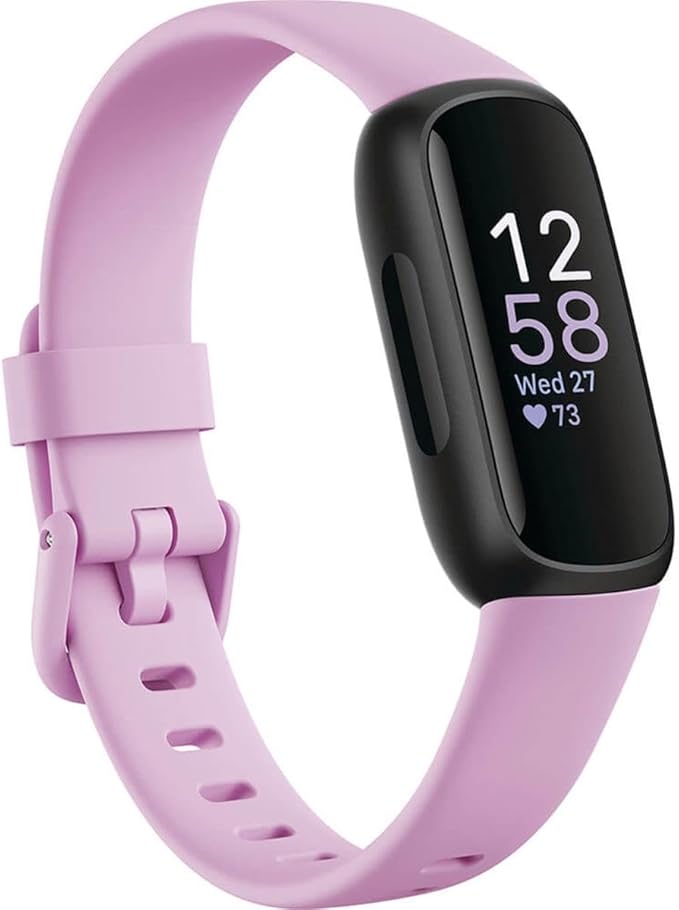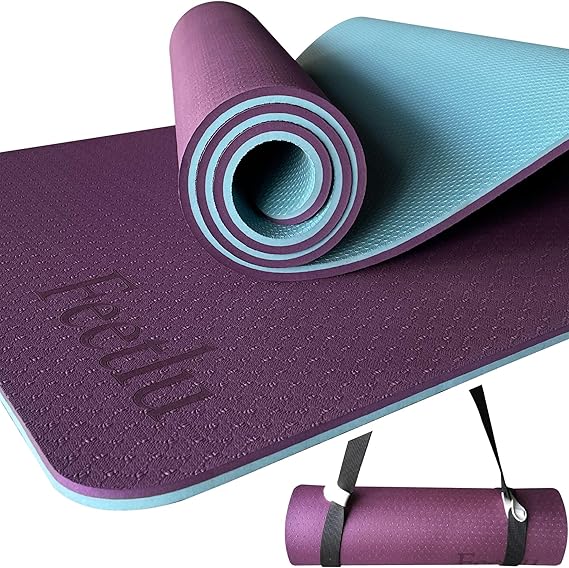by Tara E. l March 10, 2025
Preventing colorectal cancer is no easy feat. Yet, colorectal cancer is one of the most preventable cancers. Unfortunately, it disproportionately affects African Americans, who are often diagnosed at later stages and face higher mortality rates. Prevention starts with early screening, being alert for colorectal cancer symptoms, and understanding how lifestyle factors like diet and physical activity can significantly lower your risk. You can protect yourself and your loved ones by making health-conscious choices. Let’s explore how small changes to your diet and exercise routine can make a big difference.

Watch Our Latest Podcast Now: Colorectal Cancer & Black Health: What You Need to Know
Why Diet Matters in Preventing Colorectal Cancer
You’ve probably heard the saying, “You are what you eat.” When it comes to colorectal cancer, this couldn’t be more true. The foods you consume can either fuel your body to fight disease or increase your risk of developing health issues. For African Americans who already face higher risks, making the right dietary choices is crucial.
Foods That Protect Your Colon
Certain foods are known to reduce the risk of colorectal cancer by promoting gut health and reducing inflammation. Here are some key players to include in your diet:
- Fiber-Rich Foods: High-fiber foods like whole grains, beans, fruits, and vegetables help keep your digestive system running smoothly. Fiber also binds to harmful substances in your gut, helping to eliminate them before they can cause damage.
- Tip: Add oatmeal topped with fresh berries for breakfast or snack on raw carrots and hummus.
- Antioxidant-Rich Foods: Foods like leafy greens, sweet potatoes, and berries are packed with antioxidants that fight inflammation and protect your cells from damage.
- Culturally Inspired Idea: Make a sweet potato and kale hash for dinner, a delicious and health-boosting twist on a classic dish.
- Omega-3 Fatty Acids: Found in fatty fish like salmon, flaxseeds, and walnuts, omega-3s are known to reduce inflammation and promote overall health.
- Quick Tip: Grill salmon with a side of quinoa and sautéed spinach for a quick, nutrient-rich meal.
Foods to Avoid
Just as some foods protect your colon, others can increase your risk of colorectal cancer. Limit or eliminate these items from your diet:
- Processed Meats: Bacon, sausage, and deli meats contain preservatives and chemicals linked to cancer.
- Excessive Sugar and Fat: Diets high in sugary or fatty foods can lead to obesity, a known risk factor for colorectal cancer.
Healthy Recipe Ideas
Making small changes to traditional dishes can go a long way. For example:
- Swap pork in collard greens for smoked turkey.
- Use whole-grain flour in cornbread recipes.
- Roast vegetables with olive oil and herbs for a flavorful side dish.
The Power of Physical Activity in Cancer Prevention
Exercise isn’t just about looking good—it’s about feeling good and staying healthy. Physical activity plays a vital role in reducing your risk of colorectal cancer by improving your overall health and supporting your digestive system.
How Exercise Helps
- Reduces Inflammation: Regular exercise lowers levels of inflammation in the body, which is linked to cancer development.
- Improves Digestion: Staying active helps food move through your digestive system more efficiently, reducing the time harmful substances spend in your colon.
- Maintains a Healthy Weight: Obesity is a significant risk factor for colorectal cancer. Exercise helps you maintain a healthy weight, further lowering your risk.
Easy Ways to Stay Active
You don’t have to run marathons to see the benefits of exercise. Start with small, manageable steps:
- Walking: A 30-minute walk five times a week can do wonders for your health.
- Dancing: Turn on your favorite playlist and groove to the beat. It’s fun, and it counts as cardio!
- Strength Training: Use resistance bands or light weights to build muscle and boost your metabolism.
- Yoga: Yoga not only strengthens your body but also reduces stress, which can have a positive impact on your overall health.
Practical Tips for Getting Started
- Start Small: If 30 minutes feels overwhelming, start with just 10 minutes a day and gradually increase.
- Make It Social: Join a community fitness class or invite a friend for a walk.
- Track Your Progress: Use a fitness tracker to monitor your steps, calories burned, and overall activity.
Fitness Gear
Building a Lifestyle That Lasts
The key to preventing colorectal cancer through diet and exercise is consistency. Small, sustainable changes to your daily routine can significantly impact over time. Start by incorporating one new healthy habit each week, and before you know it, you’ll have built a lifestyle that supports your long-term health.
Related Articles
For a deeper dive into other preventative measures and health tips, check out these articles on our website:
Conclusion
Preventing colorectal cancer starts with taking control of your health. By eating a fiber-rich diet, avoiding processed foods, and staying physically active, you can significantly lower your risk. Remember, these changes don’t have to happen overnight—start small and build from there. Your health is worth the effort.
As the great Maya Angelou once said, “Do the best you can until you know better. Then when you know better, do better.” Now that you know how diet and exercise can protect your health, it’s time to take action.
More from Mahogany Speaks to You

Colorectal Cancer: The Silent Symptoms

Colorectal Cancer Screening in Adults under 50
🎙️ Listen to “The Rooted Will, Rising Advocate” Podcast
Dive deeper into this topic with our podcast episode:
Colorectal Cancer: What You Need to Know! Join our podcast as we explore.
🎧 Listen now and gain valuable insights:
💡 Why tune in?
- Get perspectives on Colorectal Cancer in the African American Community.
- Hear practical tips to increase your chances of prevention.
- Stay inspired and informed with every episode.
🔗 Subscribe to the podcast on Spreaker or find it on your favorite platforms like Spotify, Apple Podcasts, and Google Podcasts.



